Virus Curfew Imposed In Melbourne As S. Africa Tops 500,000 Cases
Australia's second-largest city imposed an overnight curfew on Sunday to halt the spread of coronavirus cases, as South Africa's infection count topped more than half a million.
Six months after the World Health Organization declared a global emergency, the virus has killed more than 680,000 people and infected more than 17.5 million.
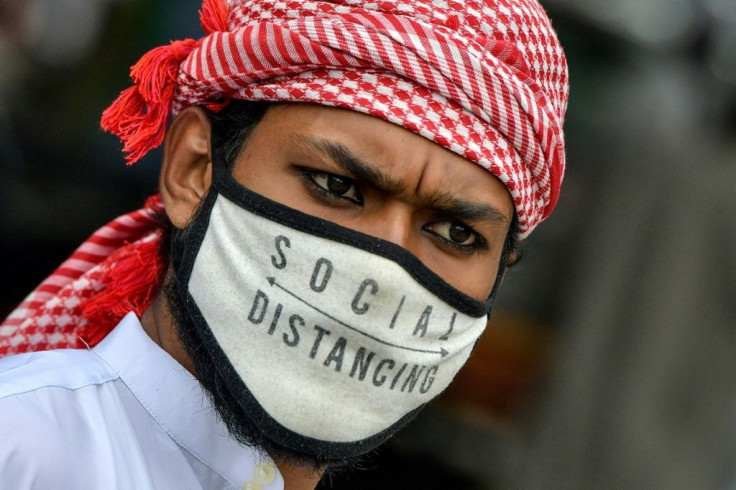
Fresh clusters have been reported in countries -- such as Australia -- that had previously brought their outbreaks under control.
Australia's Victoria state imposed fresh, sweeping restrictions on Sunday, including a curfew in Melbourne for the next six weeks, a ban on weddings, and schools and universities going back online in the coming days.
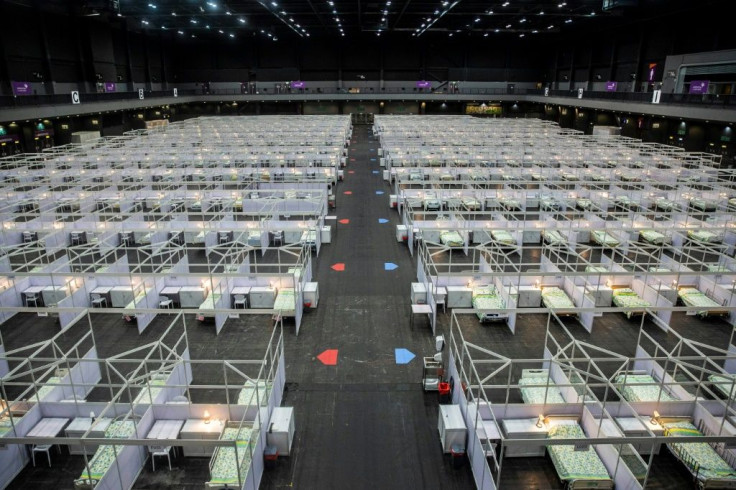
"Anything short of this will see it drag on for months and months and months," said Victoria leader Daniel Andrews.
Despite a lockdown, Melbourne has continued to report hundreds of new cases daily even as other states in Australia have reported zero or a small number of cases.
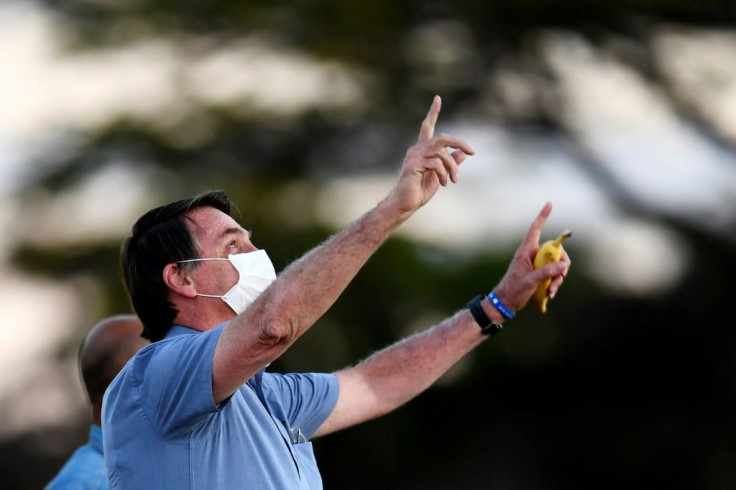
Many other parts of the world are struggling with much bigger outbreaks.
Health authorities in South Africa who had been expecting a surge in cases after the gradual loosening of a strict lockdown reported that cases had exceeded the half-million mark.

The nation is by far the hardest-hit in Africa, accounting for more than half of diagnosed infections, although President Cyril Ramaphosa said the fatality rate is lower than the global average.
With infections and deaths soaring, the UN health agency has warned that the coronavirus pandemic would be lengthy and could lead to "response fatigue".
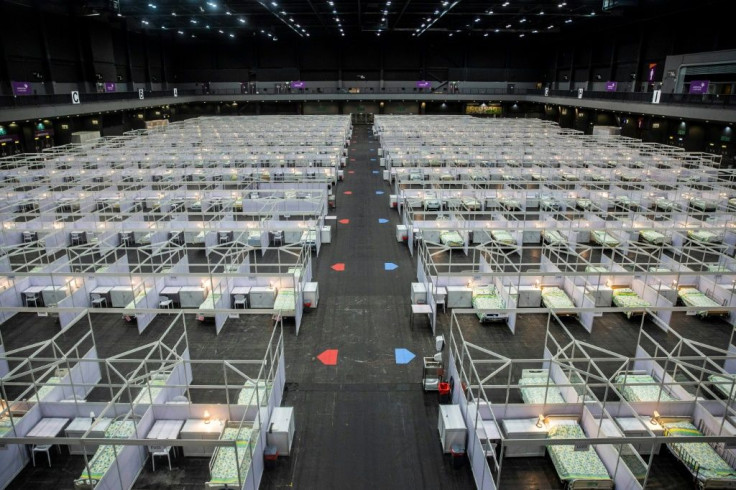
"WHO continues to assess the global risk level of COVID-19 to be very high," the agency said, adding that the effects of the pandemic "will be felt for decades to come".
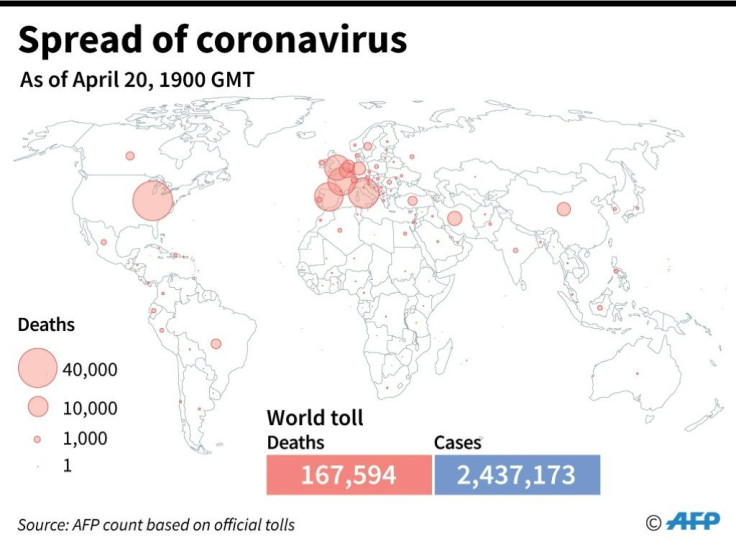
The virus is still spreading quickly across much of Latin America, which has now recorded more than four million cases and almost 200,000 deaths -- half of them in Brazil.
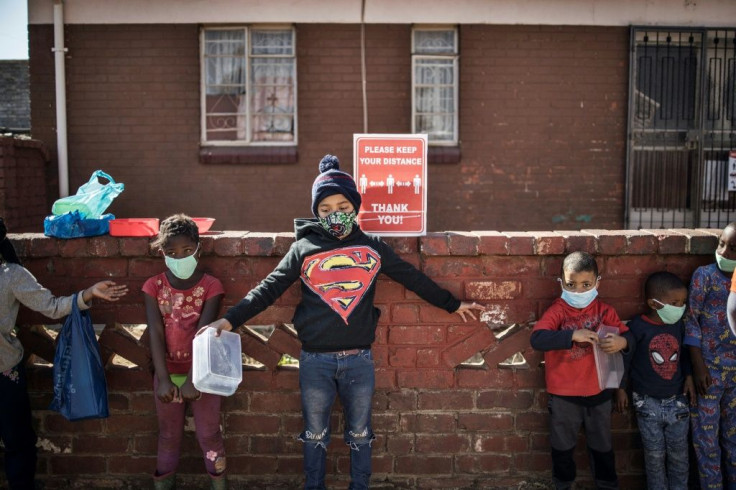
Mexico overtook Britain to become the third hardest-hit country in virus deaths -- after Brazil and the United States -- with more than 46,600 fatal cases.
The US, the worst-hit country in the world, has now tallied more than 4.6 million cases and 154,319 deaths.
The pandemic has spurred a race for a vaccine with several Chinese companies at the forefront, while Russia has set a target date of September to roll out its own prophylactic.
However, US infectious disease expert Anthony Fauci said it was unlikely his country would use any vaccine developed in either nation.
"I do hope that the Chinese and the Russians are actually testing the vaccine before they are administering the vaccine to anyone," he said.
As part of its "Operation Warp Speed", the US government will pay pharmaceutical giants Sanofi and GSK up to $2.1 billion for the development of a COVID-19 vaccine, the companies said.
The pandemic has hammered the global economy.
France, Spain, Portugal and Italy all reported huge contractions in their economies for the April-June quarter, while Europe as a whole saw gross domestic product fall by 12.1 percent.
While many of the continent's outbreaks were largely brought under control, Switzerland's case numbers have crept up again in recent weeks while Norway recorded its first virus death in two weeks.
Despite the resurgence in cases, there have been demonstrations in Europe against coronavirus curbs.
Thousands protested in Berlin on Saturday urging "a day of freedom" from the restrictions, with some demonstrators dubbing the pandemic "the biggest conspiracy theory" -- without offering any credible evidence.
The pandemic has also continued to cause mayhem in the travel and tourism sectors, with more airlines announcing mass job cuts.
Latin America's biggest airline, the Brazilian-Chilean group LATAM, said it would lay off least 2,700 crew, and British Airways pilots overwhelmingly voted to accept a deal cutting wages by 20 percent, with 270 jobs lost.
© Copyright AFP 2024. All rights reserved.





















